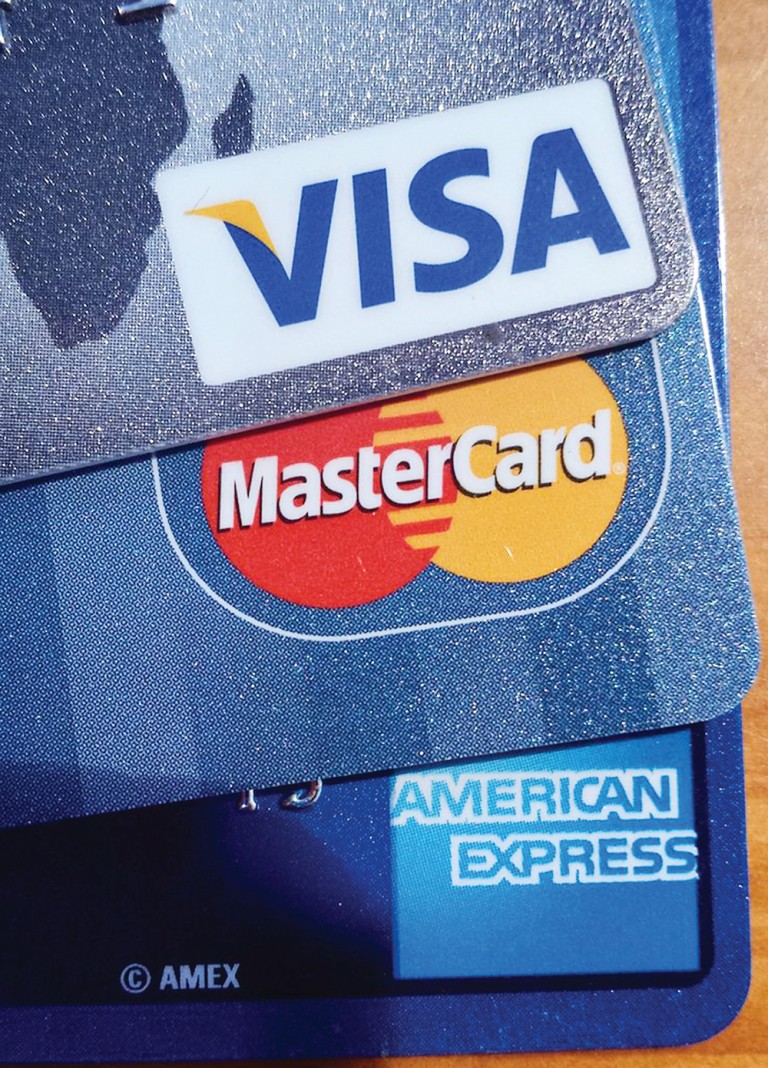By Forum Staff
Senator Chuck Schumer on Sunday said that the credit card late fee cap of $8 is alive and can still be done—and that he wants it enacted as soon as possible. Schumer said that credit card companies keep raising the late fees and that it was piling on debt for average families month after month.
Schumer said that a Texas court, led by a Trump hard-right judge, was cherry-picked to side with giant companies over consumers and that this court cannot hold out for long because of the recent Supreme Court ruling. Schumer will say now that the Supreme Court said the Consumer Financial Protection Bureau has a right and duty to do its job, that the Texas court must stop the games and allow the cap to be enacted. Schumer detailed why a cap on credit late fees is needed and said what should happen next with all junk fees that are meant to burden consumers.
According to the Associated Press, on Thursday, the Supreme Court ruled 7-2 that the way the CFPB is funded does not violate the Constitution, reversing a lower court decision and drawing praises from consumers. Justice Clarence Thomas wrote the majority opinion, splitting with his frequent allies, Justices Samuel Alito and Neil Gorsuch, who dissented.
The AP also reiterated in their reporting that the CFPB was created after the 2008 financial crisis to regulate mortgages, car loans and other consumer finance. The case was brought by payday lenders who object to a bureau rule that limits their ability to withdraw funds directly from borrowers’ bank accounts. It’s among several major challenges to federal regulatory agencies on the docket this term for a court that has for more than a decade been open to limits on their operations.
“The goal of a $8 late fee cap is not only alive, but it is likely, and I want it enacted ASAP. The average New York late fee is $21, but it can pile up and compound based on balance. A cap would be a cushion for many people who don’t skirt their bills, but have found that the fees just kill them,” said Schumer.
According to Chase Bank, late fees are determined based on a variety of factors. Sometimes the credit card’s balance is used to determine the late fee. The payment history may be a factor in determining if and how much of a late fee is charged. The amount of the fee may also depend on how much is owed, the issuer’s limits, and the fee may also be higher if payments are repeatedly late. The CFPB reported in 2022 that the average late fee in New York State was $21. According to Forbes, U.S. credit cardholders collectively spent $15 billion on late fees in 2022, surpassing pre-pandemic levels again.
The CFPB published a report in March 2022 on credit card late fees and detailed the impact on consumers. In 2019, a consumer with a major issuer’s credit card was charged a $26 late fee on average for each late payment—except for each subsequent late fee within six billing cycles of an earlier late payment. For those, the average fee rose to over $34. Credit card late fees disproportionately burden consumers in low-income and majority-Black neighborhoods. Penalty fees can represent a surcharge of 24 percent annualized on top of assessed interest on unpaid balances—one of multiple financial consequences of a missed payment.

